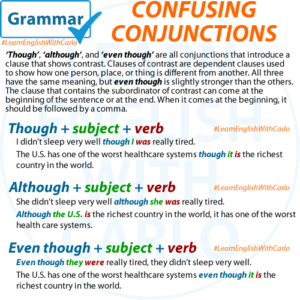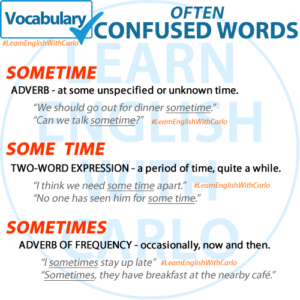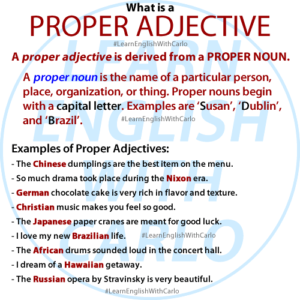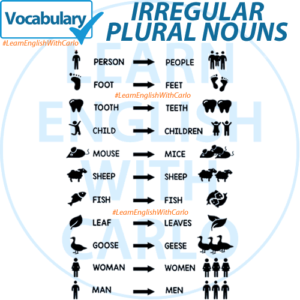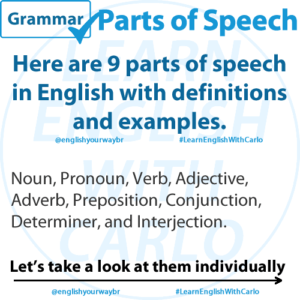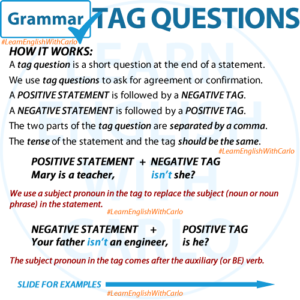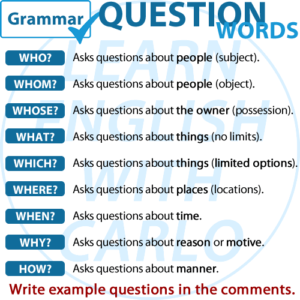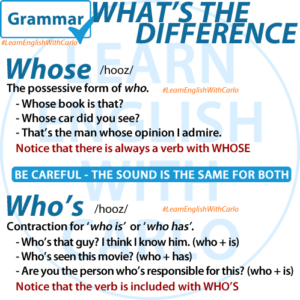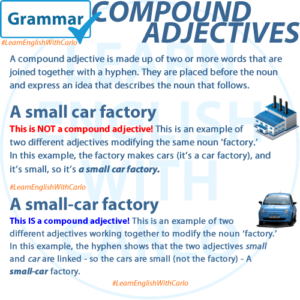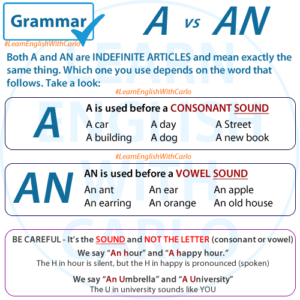Author's posts
Though, Although, and Even Though Conjunctions play a crucial role in connecting ideas within sentences, and when it comes to expressing contrast, three common ones stand out: “though,” “although,” and “even though.” Let’s delve deeper into how these conjunctions function and how they can elevate your writing! 1. Though 2. Although 3. Even Though Placement …
Continue reading
Permanent link to this article: https://englishyourway.com.br/understanding-conjunctions-for-contrast/
These three words are often confused. So, here’s an explanation of the differences between “sometime,” “sometimes,” and “some time”: 1. Sometime: 2. Sometimes: 3. Some time: Usage Tips: Examples: Understanding these differences will help you use these words correctly in various contexts. Practice using them in sentences with the QUIZ below!
Permanent link to this article: https://englishyourway.com.br/sometime-sometimes-and-some-time/
In English, proper adjectives are derived from proper nouns, which name specific people, places, organizations, or things. What makes proper adjectives unique is that they always begin with a capital letter, just like the proper nouns they come from. These adjectives allow us to describe things with precision, linking the characteristics of a person, country, …
Continue reading
Permanent link to this article: https://englishyourway.com.br/understanding-proper-adjectives-in-english/
VOCABULARY – Irregular Plural Nouns Most nouns in English are made plural by adding an ‘s’ to the singular form. But there are some exceptions. Here are a few of the more common ones. REMEMBER: Always use the plural verb form with plural noun subjects. FOR MORE INFORMATION ABOUT IRREGULAR PLURAL NOUNS, CLICK HERE.
Permanent link to this article: https://englishyourway.com.br/vocabulary-irregular-plural-nouns/
Here are 9 parts of speech in English with definitions and examples. NOUN A noun is a word used to identify a person, place, thing, or idea. Nouns are the basic building blocks of sentences and are essential for communication in any language. Examples of nouns include “dog,” “car,” “teacher,” “city,” and “happiness.” Nouns can …
Continue reading
Permanent link to this article: https://englishyourway.com.br/partsofspeech/
A tag question is a short question added to the end of a statement. They are used to confirm information, seek agreement, or invite a response from the listener. Tag questions are characterized by their structure: they typically consist of an auxiliary verb and a pronoun that matches the subject of the statement. For example: …
Continue reading
Permanent link to this article: https://englishyourway.com.br/grammar-tag-questions/
An Interrogative Pronoun (question word) is a word we use in an information question (as opposed to a yes/no questions). The most common question words in English are: WHO is only used when referring to people, when we want to know the person. WHERE is used when asking about a place or location, when we want to know the …
Continue reading
Permanent link to this article: https://englishyourway.com.br/grammar-interrogative-pronouns-question-words/
The words WHOSE and WHO’S may sound the same when spoken (both pronounced /ho͞oz/), but they have very different meanings and uses in English. Learning to use them correctly will help you avoid common mistakes in writing and speaking. WHOSE: Possessive Pronoun WHOSE is a possessive pronoun used to ask or talk about ownership or …
Continue reading
Permanent link to this article: https://englishyourway.com.br/whats-the-difference-between-whose-and-whos/
Understanding Compound Adjectives in English Compound adjectives are a fascinating aspect of English grammar that allow us to express detailed ideas about nouns in a concise and efficient way. As the name suggests, a compound adjective is made up of two or more words that work together as a single unit to describe a noun. …
Continue reading
Permanent link to this article: https://englishyourway.com.br/compound-adjectives-examples-and-rules/
Both A and AN are indefinite articles in English, and they mean exactly the same thing. They are used before singular, countable nouns when you are not referring to a specific item. However, the choice between A and AN depends entirely on the sound of the word that follows—not necessarily the first letter of that …
Continue reading
Permanent link to this article: https://englishyourway.com.br/a-vs-an-indefinite-articles/
Load more

